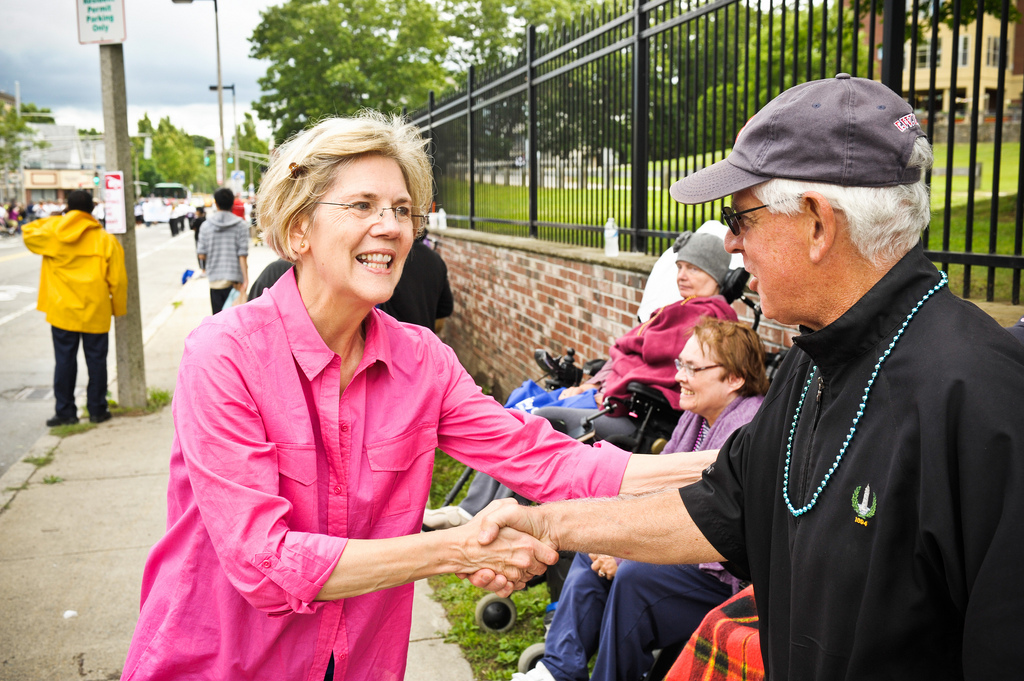I had the privilege of being a panelist at last Mondays “The Politics of Privacy” event, co-hosted by Generation Citizen, the NU College Democrats, the NU College Republicans, and the Northeastern University Political Review. The main speaker of the event was Chris Farlone, a journalist for DigBoston who had uncovered a story about how the Boston Police Department (BPD) tested a new facial recognition software program at Boston Calling last year. This program not only took photographs and recorded detailed profiles of everyone who attended the event without their consent, but this information was posted on what turned out to be an unsecure website on the internet.
Farlone opened the event by describing the story of how he uncovered the existence of this program, when one of his friends stumbled across the unsecured profiles of the concert attendees on the internet. Much to Farlone’s surprise, all the security footage and facial profiles of everyone who had gone to the concert series had been posted. When Farlone contacted the BPD with this information they initially denied the existence of such a program. However, Chris countered this by showing BPD photographs of officers actually operating the system themselves. Confronted with this information, the BPD would than admit to their testing of the system. Chris would then go on to write an extensive 3-part expose on the entire program known as “Boston Trolling.”
After Chris’s initial presentation, the discussion then shifted to each panelist reacting to the story. The representative from Generation Citizen, a community organization which focuses on training future activists, discussed how someone would draft an action plan and go about effecting actual change on a municipal government level in order to prevent something like this from happening again. The College Republican panelist thought the program was extremely inefficient. Adding that, mass surveillance programs have never proven themselves to be effective in the past at preventing crime, and thus “Boston Trolling” was a waste of government resources. The panelist from the College Democrats talked about how this issue is truly not a partisan one compared to other political topics, but everyone regardless of party affiliation should be concerned about the rise of increasingly intrusive surveillance measures.
For my part, I discussed the Boston Calling incident fit into the context of other articles I have written for the NUPR on the topic of surveillance. I published a piece last year titled “Big Brother is Here to Stay” which discussed the Snowden revelations. In that article I wrote that the surveillance state is not just on its way but is instead here and here for good. The story about the “Boston Trolling” program is a continuation of that narrative I argued, as it shows the government is continuing to violate the 4th amendment and its citizen’s right to privacy. On Monday night I spoke about how we as a society need to decide how much of our personal liberty we are willing to give up in exchange for our collective security, and to let our government know what we think.
After each group presented their reactions, the discussion shifted to a question and answer session with Chris, the panelists, and the audience. The questions had a wide variety of topics. There was a question as to what individual citizens can do to protect themselves from increased government surveillance measures, to which Chris replied that there is no complete way to do so, unless one wishes to go off the grid entirely. When asked if there was anything the average student could do to change the way things are, Chris gave a one-word answer: “Vote.”



